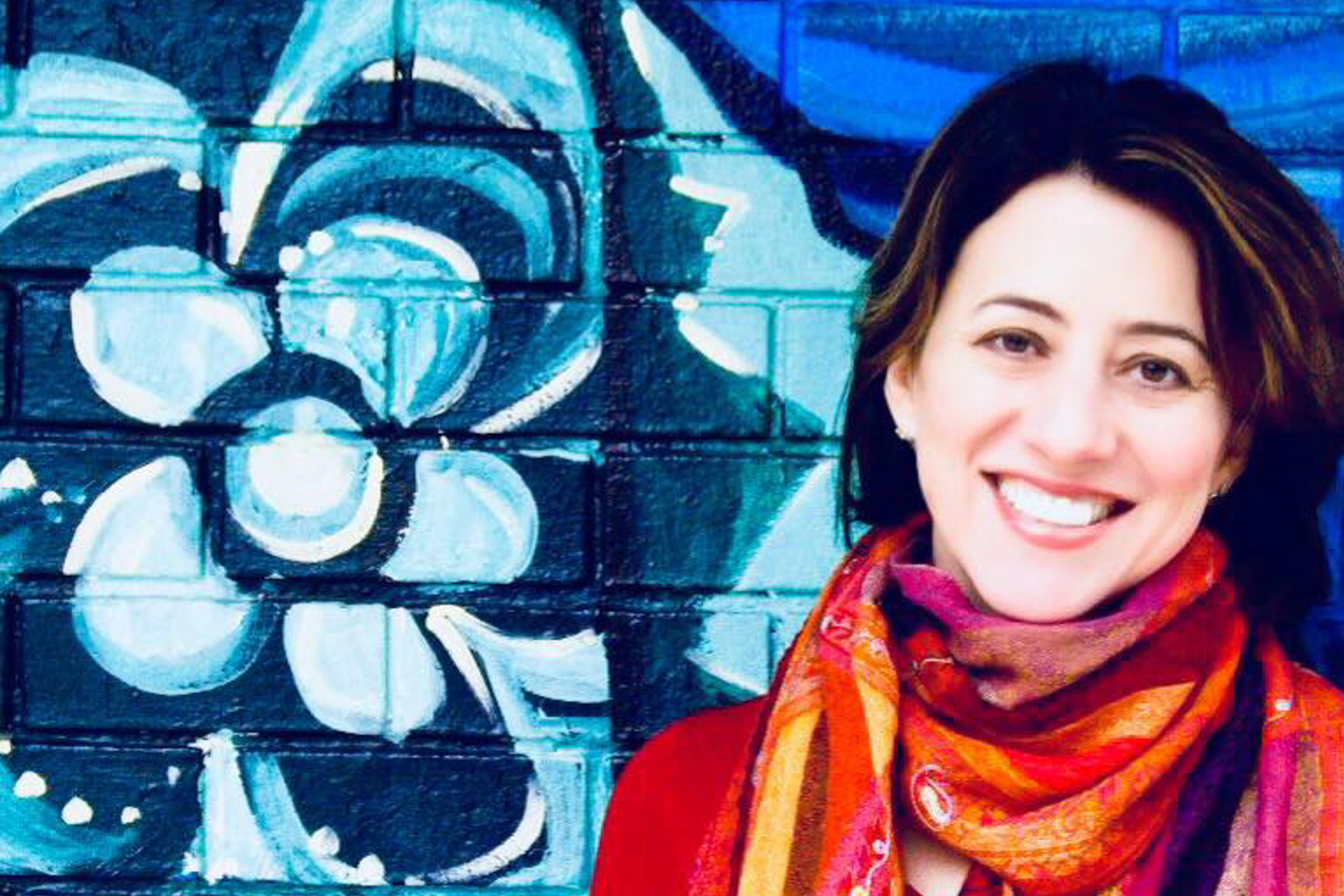H. Roz Woll has been an assistant professor of music at Goshen College for three years.
Some of her duties include giving private voice lessons, directing Voices of the Earth, teaching a Music and Social Change class, and being faculty adviser for the Queen Singers.Her involvement at GC has revolved around voice and performance, with an emphasis on social justice and change.
Woll grew up in Chicago in Hyde Park, a diverse neighborhood which made her “more conscious of race than … a white person who grows up in a more typically … white town,” she said.
“I’m a product of how I grew up … I grew up in a diverse [community],” she recounts.
Woll dedicated her time in undergrad to studying music education with a concentration in piano at IU-Bloomington.
Once she moved back to Chicago, she worked at the Chicago Center for Urban Life and Culture, a non-profit that involves people in the diverse communities around them.
She then went on to receive her master’s degree in vocal performance from Roosevelt University’s Chicago College of Performing Arts.
Recently, she finished her doctorate degree in musical arts with a certification in Africana Studies from CUNY Graduate Center.
Her dissertation was an experiment “in response to what I thought was a problem that’s not succinct.”
“[I was] arguing for the need to recognize how racial realities are connected to musical practice, and what is needed to address the challenges involved,” she said.
As a child, she was involved in the Chicago Children’s Choir, who sought “to bring together people who had a variety of perspectives on life and then to do music from profoundly varied traditions.”
Woll said, “there was intention about … recruiting kids from different racial, religious, ethnic, and socioeconomic backgrounds.”
Music was the key medium to expose her and other children to life experiences of groups distinct from their own.
The work she did with both the Chicago Children’s Choir and the Chicago Center for Urban Life and Culture has molded what she does today.
After being in the choir and doing her undergrad, she realized “consciousness around how our history of racialization is connected to our musical practice is missing,” and she started asking herself why.
This question is what led her to work for the Children’s Choir following graduation, where she kept working with music from all around the world.
She kept making connections between children in different neighborhoods and all over the city.
Still, Woll questioned herself. “Conversations were still not substantive enough. There were still questions that I had. I didn’t have the vocabulary [to say] that the concept of race is a construction,” she said.
“What do you do with the fact that there are real ways it impacts … all of us, but it’s built on a lie?” she continued.
“How is music related to it, and how does it continue [race’s construction] or disrupt it? So that question … sums up what’s been motivating me to do different things … I chose to go get a doctorate in music … [to] work on some of these questions,” she said.
Woll expressed that to her, “music is a social art, and our social lives are wrapped up with everything.”
She further expressed, “We don’t have to sing about justice, but how does that impact how we relate to one another in the bigger picture?”
Woll went on, “And if we don’t know our history and its contributions, it certainly won’t change.”
Her campus involvement has enabled her to lead a variety of choirs, such as Voices of the Earth and the Queen Singers.
Through these roles, she has provided performers with the opportunity to showcase music rooted in people’s diverse experiences.
Her larger purpose is “to destabilize the dominant narrative around race and to foster the social imagination around what is possible.”
Woll concludes, “One needs to imagine that change is possible even if it’s microscopic, even one degree.”




